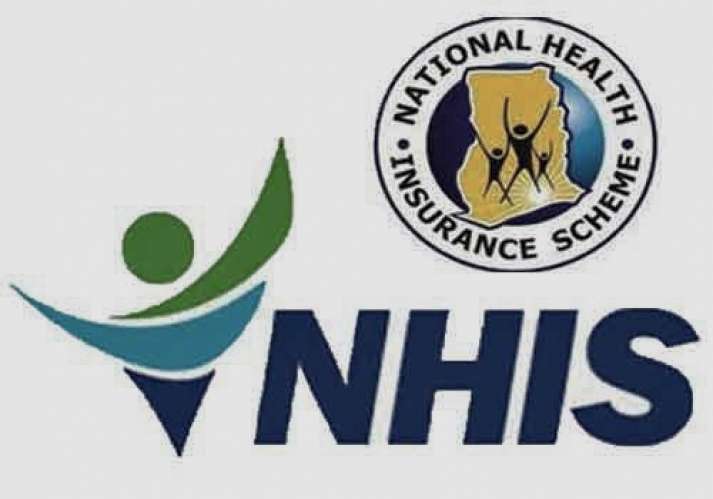SEND Ghana, an advocacy group, has lauded the National Democratic Congress (NDC) government for its responsiveness to citizen input in the 2025 national budget. The organization highlighted the decision to uncap the National Health Insurance Levy (NHIL) and the Ghana Education Trust Fund (GETFund) as significant achievements, underscoring their potential to bolster healthcare financing and address infrastructural deficits in the education sector, respectively. SEND Ghana views these measures as crucial steps toward achieving universal health coverage and enhancing the quality of education at the secondary and tertiary levels. The increased allocation of GH¢9.93 billion to the National Health Insurance Fund (NHIF) further reinforces the government’s commitment to sustainable healthcare financing.
SEND Ghana also commended the government’s reinforced commitment to critical poverty reduction programs. The organization pointed to the inflation-indexed increases in benefits under the Livelihood Empowerment Against Poverty (LEAP) program, the expansion of the program to encompass 400,000 households, and the 30.8% budgetary increase for the School Feeding Programme as evidence of this commitment. The allocation of GH¢292.4 million for free sanitary pads for female students was also highlighted as a positive step towards promoting menstrual equity and reducing school absenteeism among girls. SEND Ghana believes that these initiatives, if implemented effectively, will significantly contribute to Ghana’s progress towards achieving the Sustainable Development Goals (SDGs).
Despite these commendable advancements, SEND Ghana identified critical gaps requiring urgent government attention. These gaps span across several sectors, including social protection, healthcare, sexual and reproductive health rights (SRHR), education, and water, sanitation, and hygiene. Within social protection, the organization stressed the need for a comprehensive rollout of LEAP reassessments to ensure efficient resource allocation and program sustainability. SEND Ghana also advocated for indexing the school feeding grant against inflation, establishing clear caterer recruitment guidelines, and ensuring timely fund disbursement to enhance program effectiveness.
In the healthcare sector, SEND Ghana cautioned against the potential overburdening of the NHIL despite its uncapping and emphasized the need for increased domestic resource mobilization. The organization highlighted the significant financial burden of vaccine payments, particularly in light of the impending phase-out of Gavi’s co-financing support, and urged the government to increase allocations to the NHIF and ensure timely disbursement of funds to prevent vaccine stockouts. SEND Ghana also called for a dedicated pool of resources for epidemic preparedness research, surveillance, and capacity building, acknowledging that immunization alone is insufficient to address the challenge of epidemics. Furthermore, the organization expressed concern over the low health budget allocation, its disproportionate focus on compensation, and the underperformance of indicators related to goods and services and capital expenditures.
Regarding sexual and reproductive health rights, SEND Ghana, while commending the free sanitary pads initiative, called for its expansion to include marginalized out-of-school girls and those in apprenticeship programs. The organization advocated for a full tax exemption on all sanitary products to ensure wider accessibility and promote menstrual health equity. SEND Ghana also emphasized the need for increased funding for the Domestic Violence Fund, which has faced significant financial constraints, to ensure adequate support for survivors of domestic violence.
In the education sector, SEND Ghana highlighted the persistent infrastructure deficit at both basic and secondary levels, impacting the quality of education. The organization pointed to the prevalence of schools under trees, the continued implementation of the double-track system, and the inadequate funding for goods and services and capital expenditures. SEND Ghana called for increased allocations to address these infrastructural gaps and enhance teaching and learning, particularly at the basic education level. While acknowledging the positive impact of incentivizing teachers in underserved communities, the organization stressed the need for a more equitable distribution of the education budget, moving away from the heavy emphasis on compensation.
Finally, in the area of water, sanitation, and hygiene, SEND Ghana encouraged the government to leverage the free sanitary pads initiative to promote the local production of reusable sanitary pads and ensure access to water and changing rooms in schools. The organization also expressed concern about the lack of budgetary focus on combating illegal mining (galamsey), which significantly impacts water quality and sanitation. SEND Ghana questioned the sufficiency of the allocated funds to effectively address the pollution caused by galamsey and ensure access to clean water for all Ghanaians. The organization’s overall message underscores the importance of addressing these critical gaps to further enhance the positive impact of the 2025 budget and ensure equitable and sustainable development across all sectors.














